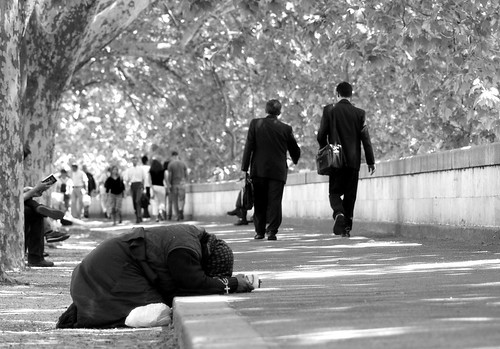This is an oblique answer. Some tradional activities were definitely good. Like the ones you mention above. On the other hand so much guilt and control was involved in being a good person, being a good child, that the patterns had the seeds of their destruction in them. Sooner or later individuals and societies will want to know if they really need to feel guilty and do things (entirely or partially) out of guilt.
There has also been a trend towards individualism. I saved myself. You save yourself. Nobody makes me feel bad for what I do or don't do unless I directly hurt someone. The problem with this is that we have modeled this one on the people who will never give a shit about anyone else or notice the ways success in one person or place has often been dependent on suffering somewhere else.
We need to resolve this issue as a species without returning to the two old tried and false methods
1)guilt and compulsion to be good (religious messages that tell us that we are basically bad, will become bad if we are not vigilant, have evil inside us that must be controlled and so on. Scientists, actually, have rather remarkably similar judgements about people and themselves, but do not think of these things in religious terms)
1) hallucinations of disconnectedness reinforced by denial (Ayn Rand and the modern crop of neo-conservative fundamentalists are great examples of this one)
The first begs the question and DEMANDS challenges and failure.
The second is demanding that we focus on only a very small portion of our internal experience and real reactions to things around us.

